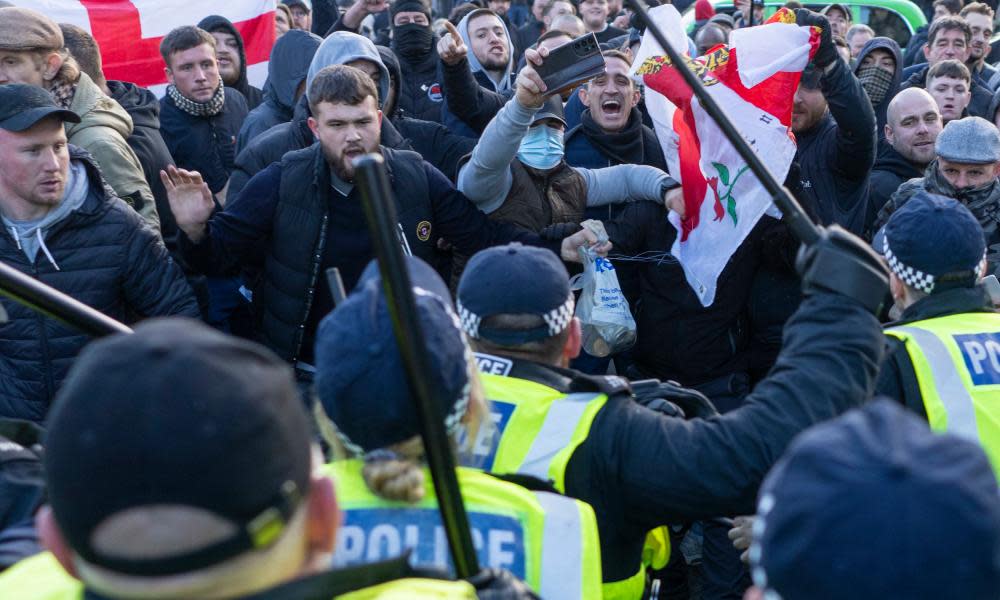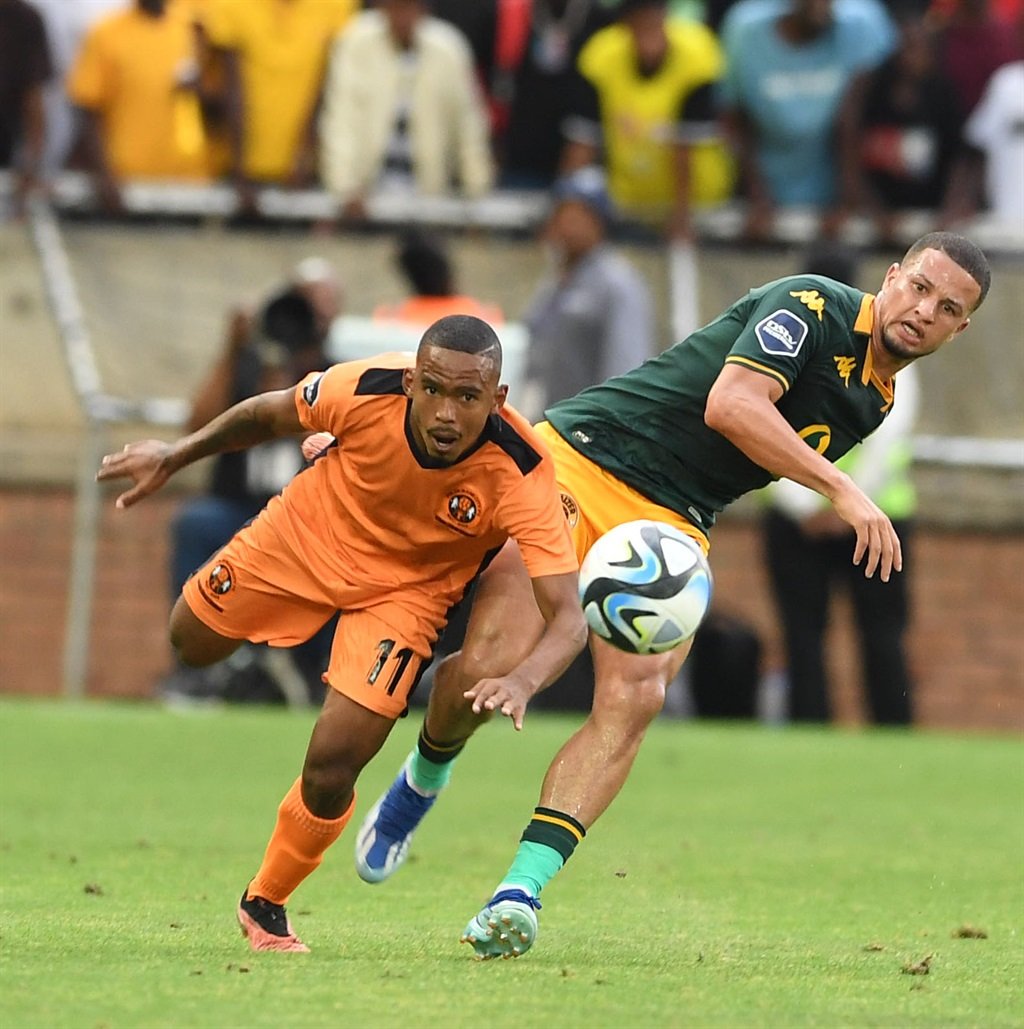
The former prime minister Rishi Sunak and his home secretary Suella Braverman have been criticised in an official report for wrongly lambasting the Metropolitan police’s handling of pro-Palestinian protests. The report from HM Inspectorate of Constabulary and Fire & Rescue Services gives police a largely clean bill of health about its impartiality. The official policing inspectorate said the attacks from senior politicians risked damaging public views about police impartiality, and thus trust in law enforcement.
The report was ordered by Braverman when home secretary, at a time when the Conservative government was accusing police of being biased against the right and too soft on those supporting leftwing causes. The ploy backfired and the report from the policing inspectorate ends up criticising the former home secretary. It will be seen as a victory for policing against the previous Conservative government, with whom relationships were strained.

A key part of the inspectorate’s report focuses on the days before last Armistice Day weekend in November 2023. Conservatives condemned a pro-Palestinian march the day before Armistice Day and far-right counter-protests were expected. Days before the already tense weekend, Braverman being tougher on rightwing protesters compared with those backing leftwing causes, and bolstered claims of “two-tier policing”.
Met leaders privately viewed the home secretary’s comments as toxic, and helping to incite hostility to officers who face verbal and physical attacks from the far right. Braverman was later sacked, in part for her outburst. after a prominent campaigner, Gideon Falter, was stopped from walking through another pro-Palestinian march.
Later television news footage . The report says criticism before key events should be made in private: “Senior politicians should take great care to make sure they are in possession of the full facts before making public statements that can have a detrimental effect on the public perception of police impartiality. “One chief constable we interviewed told us that their experience has indicated an increasing drive from central government to compel chief constables to police and enforce the law in a certain way .
.. We formed the view that the polarised positions taken by politicians and the public may prevent them from seeing the police as being impartial.
It sometimes leaves the police in an invidious position.” The chief inspector of constabulary, Andy Cooke, confirmed that passage of his report referred to Sunak and Braverman. He said of their comments: “In my view, yes it was unfair.
” In another section the report says: “In all but the most extreme and unusual of circumstances, MPs and councillors should be very mindful not to publicly criticise, interfere with or otherwise try to influence any decisions in advance of the police implementing them. Examples of such actions by MPs were evident prior to protests planned for Remembrance Day 2023.” The report makes 22 recommendations, including a clearer definition of operational independence for police leaders, and of their roles and those of elected police and crime commissioners.
Privately, police leaders say some PCCs interfere in policing and some politicians believe senior officers hide behind operational independence to avoid answering for poor decisions. In the report, Cooke said the introduction of PCCs had made policing more political: “The operational independence of chief constables is a cornerstone of policing in the UK. And the exercise of democratic accountability and governance is also a fundamental element of policing .
.. There is a delicate balance to strike between these equally important concepts.
“Chief officers told us that they often experience what they believe to be improper pressure or interference from significant political figures. We found that overt attempts to influence operational policing challenge the police’s impartiality and could reduce public trust.” The report also says the Equality Act needs to be reviewed because it has not kept up with modern challenges.
Cooke cited the example of an officer who is genderfluid and whether they required two warrant cards – the official police identification document – one identifying them as female and another as male. Chief constable Gavin Stephens, the chair of the National Police Chiefs’ Council, said: “We are a police service for every community and in taking decisions, policing must remain independent and empowered to keep the public safe without any undue influence.” A Home Office spokesperson said: “We welcome the report and will work closely with policing to consider the recommendations.
”.







-and-Aiden-Upward-produced-a-65-run-partnership.jpeg?auto=webp&width=1200)






